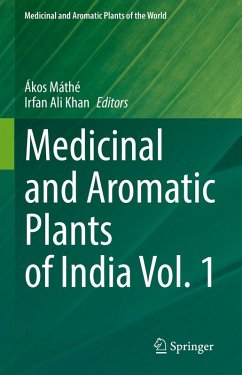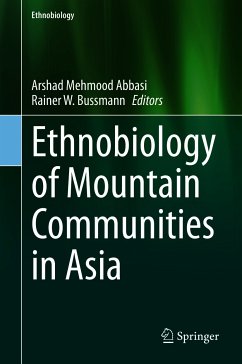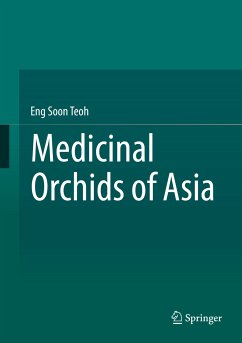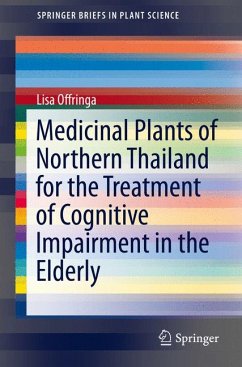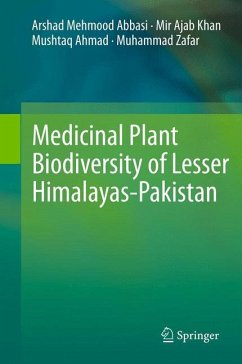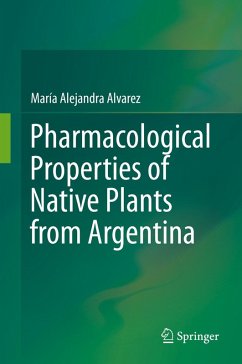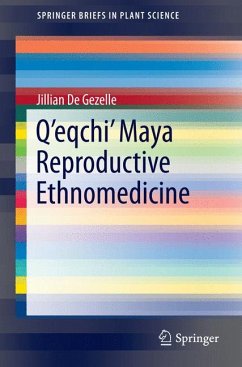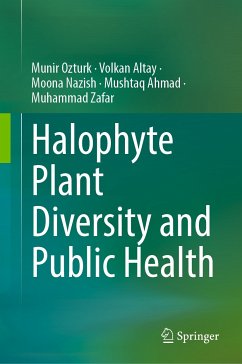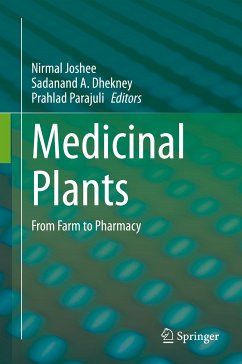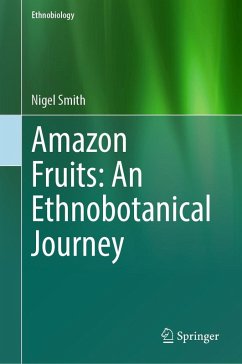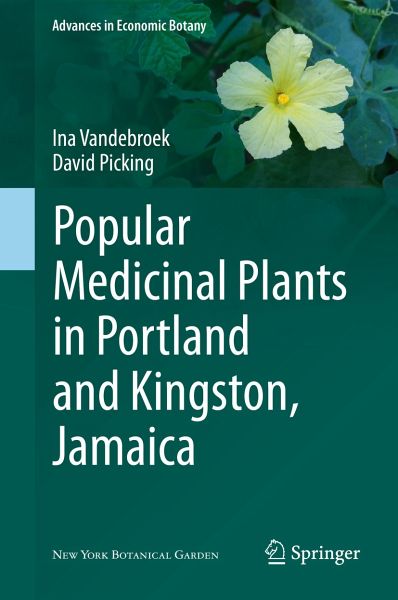
Popular Medicinal Plants in Portland and Kingston, Jamaica (eBook, PDF)
Versandkostenfrei!
Sofort per Download lieferbar
136,95 €
inkl. MwSt.
Weitere Ausgaben:

PAYBACK Punkte
68 °P sammeln!
This book highlights the results from over a year of ethnobotanical research in a rural and an urban community in Jamaica, where we interviewed more than 100 people who use medicinal plants for healthcare. The goal of this research was to better understand patterns of medicinal plant knowledge, and to find out which plants are used in consensus by local people for a variety of illnesses. For this book, we selected 25 popular medicinal plant species mentioned during fieldwork. Through individual interviews, we were able to rank plants according to their frequency of mention, and categorized th...
This book highlights the results from over a year of ethnobotanical research in a rural and an urban community in Jamaica, where we interviewed more than 100 people who use medicinal plants for healthcare. The goal of this research was to better understand patterns of medicinal plant knowledge, and to find out which plants are used in consensus by local people for a variety of illnesses.
For this book, we selected 25 popular medicinal plant species mentioned during fieldwork. Through individual interviews, we were able to rank plants according to their frequency of mention, and categorized the medicinal uses for each species as "major" (mentioned by more than 20% of people in a community) or "minor" (mentioned by more than 5%, but less than 20% of people). Botanical identification of plant specimens collected in the wild allowed for cross-linking of common and scientific plant names.
To supplement field research, we undertook a comprehensive search and review of the ethnobotanical and biomedical literature. Our book summarizes all this information in detail under specific sub-headings.
Dieser Download kann aus rechtlichen Gründen nur mit Rechnungsadresse in A, B, BG, CY, CZ, D, DK, EW, E, FIN, F, GR, HR, H, IRL, I, LT, L, LR, M, NL, PL, P, R, S, SLO, SK ausgeliefert werden.



